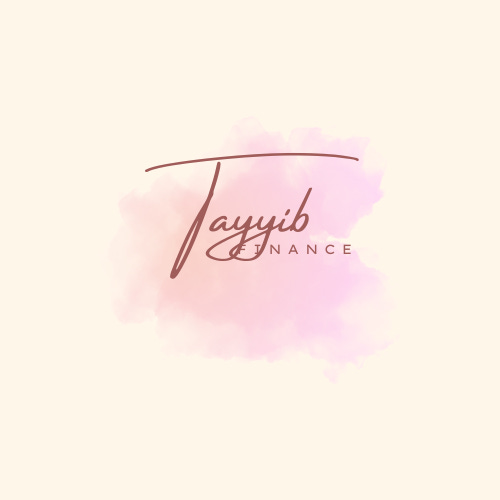Investing Basics: What Is Shariah Compliance?
Learn core principles behind Shariah compliant investment products.
What Shariah compliant investing is and why it matters are not exactly common knowledge, even among Muslims to whom it applies. As its core, a Shariah investment framework is designed to help Muslim investors ensure their portfolios are based on Islamic rules of what is acceptable and what is not.
What is Shariah compliant investing?
Shariah compliant investing is an approach to investing that aligns with Islamic law by avoiding interest (riba), excessive uncertainty (gharar) and gambling (maysir), while prioritising ethical, asset-backed activity. In simple terms, it filters where money comes from and how returns are generated so they remain halal (permissible) and avoid haram (prohibited) elements.
Core Shariah investment prohibitions
Riba is interest or usury which is prohibited since it involves earning a return without sharing business risk.
Gharar refers to excessive uncertainty or ambiguity. Transactions should have clear terms, known assets as well as defined rights and obligations.
Maysir is gambling or speculation. Structures that resemble pure betting, zero-sum games or highly speculative behavior are avoided.
Businesses whose core activities are thus haram — interest-based finance and gambling but also pork, alcohol and entertainment — must be excluded.
Core Shariah investment principles
Asset-backing and real economy: Returns should ideally be linked to tangible assets or services for productive value creation.
Risk-sharing: Islamic contracts should distribute risk and reward fairly between parties to reflect justice and partnership.
How Shariah compliance is assessed
Shariah screening typically happens in two layers:
Qualitative screens: Exclude prohibited businesses; review non-core activities of permissible companies for non-compliant income.
Quantitative screens: Apply financial ratio limits for interest-based debt, interest income and liquidity.
For actionable advice and to see how Shariah investment principles are applied in practice, explore Tayyib Finance:
How Shariah compliance is maintained
Oversight is provided by a Shariah Supervisory Board — scholars who review methodologies, approve holdings and conduct periodic audits. If a small amount of non-compliant income seeps in, the theory of purification requires that portion to be channelled to charity to cleanse returns.
FAQs
What is the difference between Shariah investment and ethical investing?
Ethical screens can be broad and subjective, while Shariah compliance is grounded in more specific Islamic legal rulings.
Tayyib — as in Tayyib Finance — is the ultimate conception of Shariah investing that incorporates broader social and environmental principles. Unfortunately, at this point Islamic finance as an industry is yet to reach that level of moral conscientiousness.
Why can two Shariah compliant portfolios look different?
Different scholars may subscribe to slightly different standards (where there is room for interpretation), leading to varied but equally valid portfolios.
Do Shariah screens change over time?
Yes. Ratios, interpretations and sector assessments can evolve as markets and scholarly consensus develop.
Takeaway
Shariah compliant investing rests on timeless principles which in practice are operationalised through sector exclusions, financial ratio screens, independent scholarly oversight and purification of incidental income. However, for true integrity with the Shariah, Islamic finance must be eventually expanded to factor in major issues affecting the Muslim ummah.


